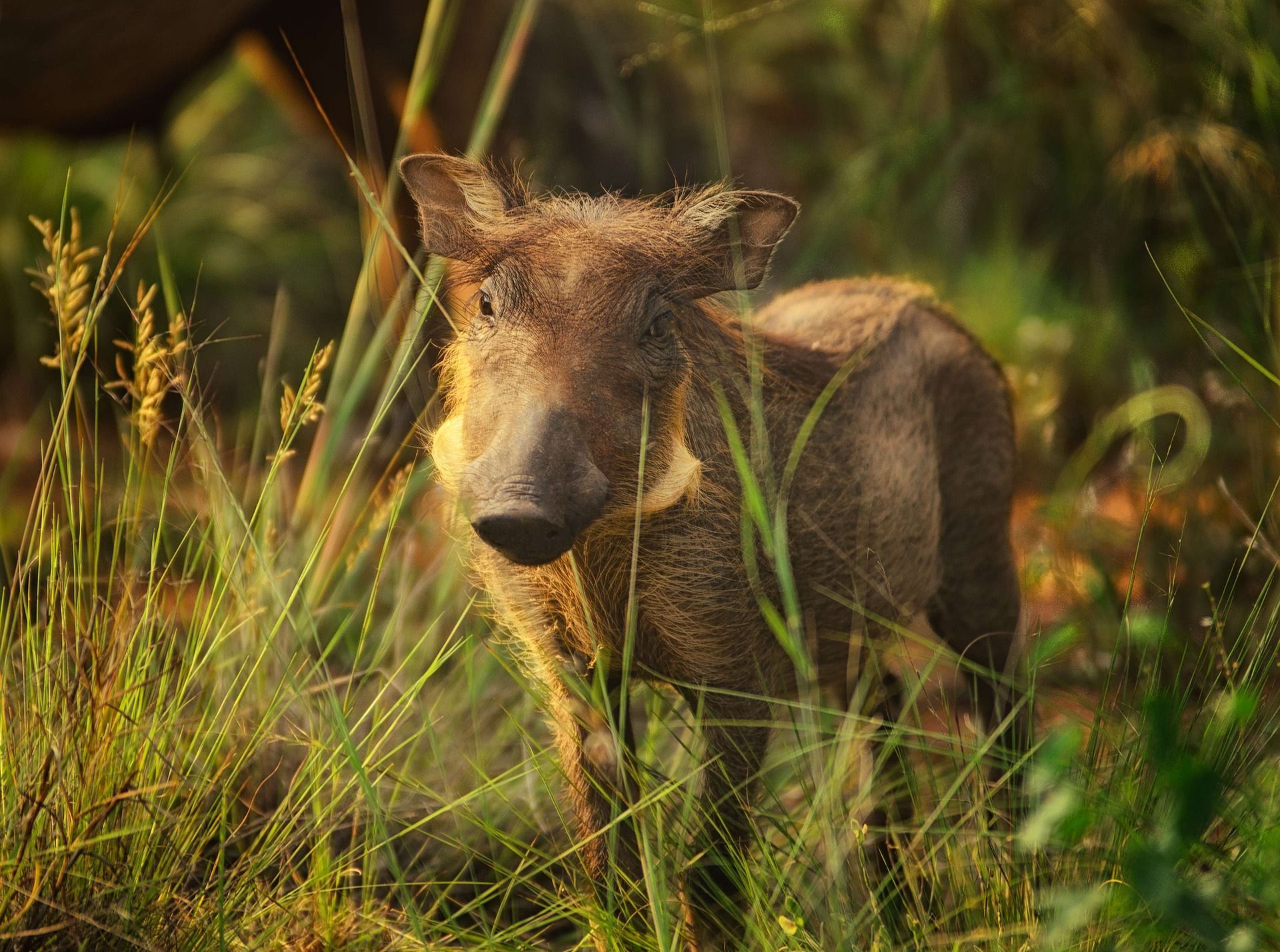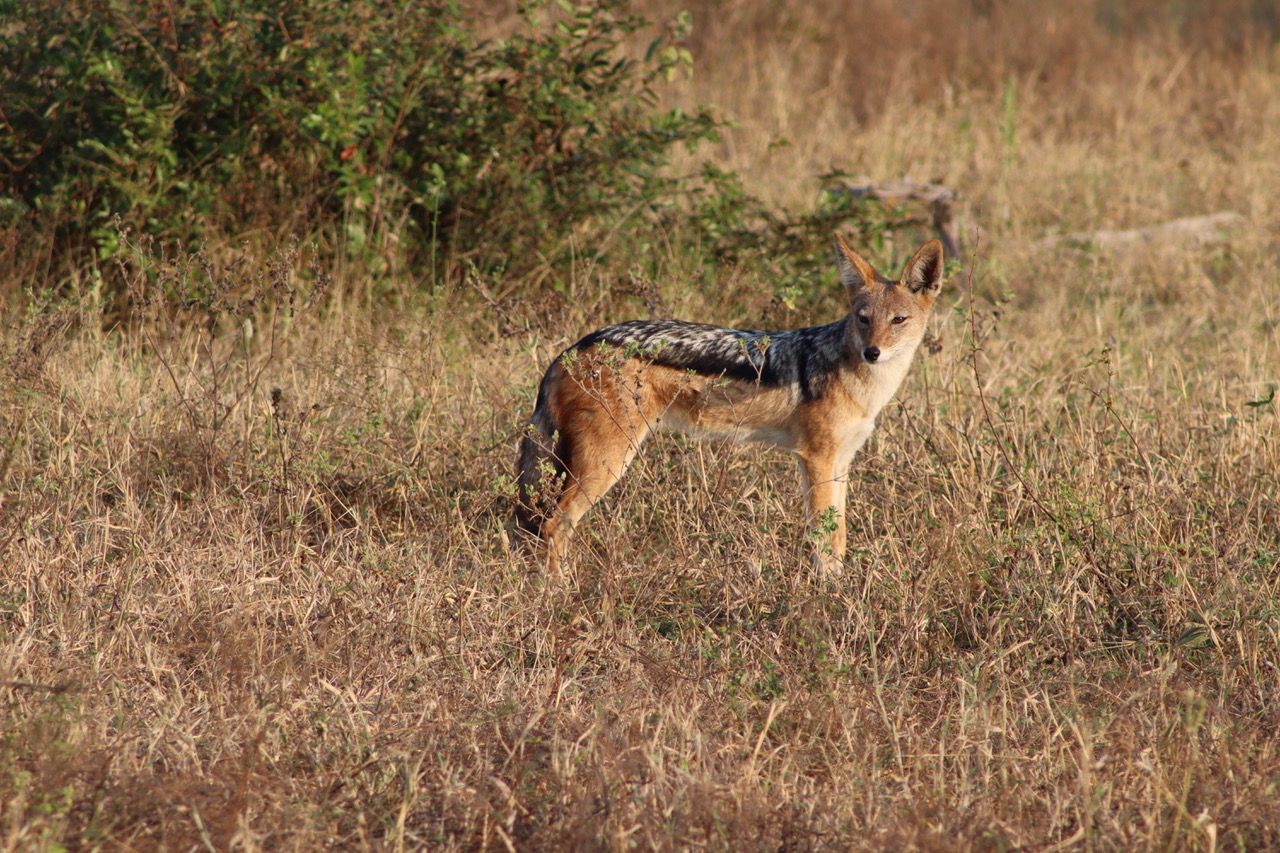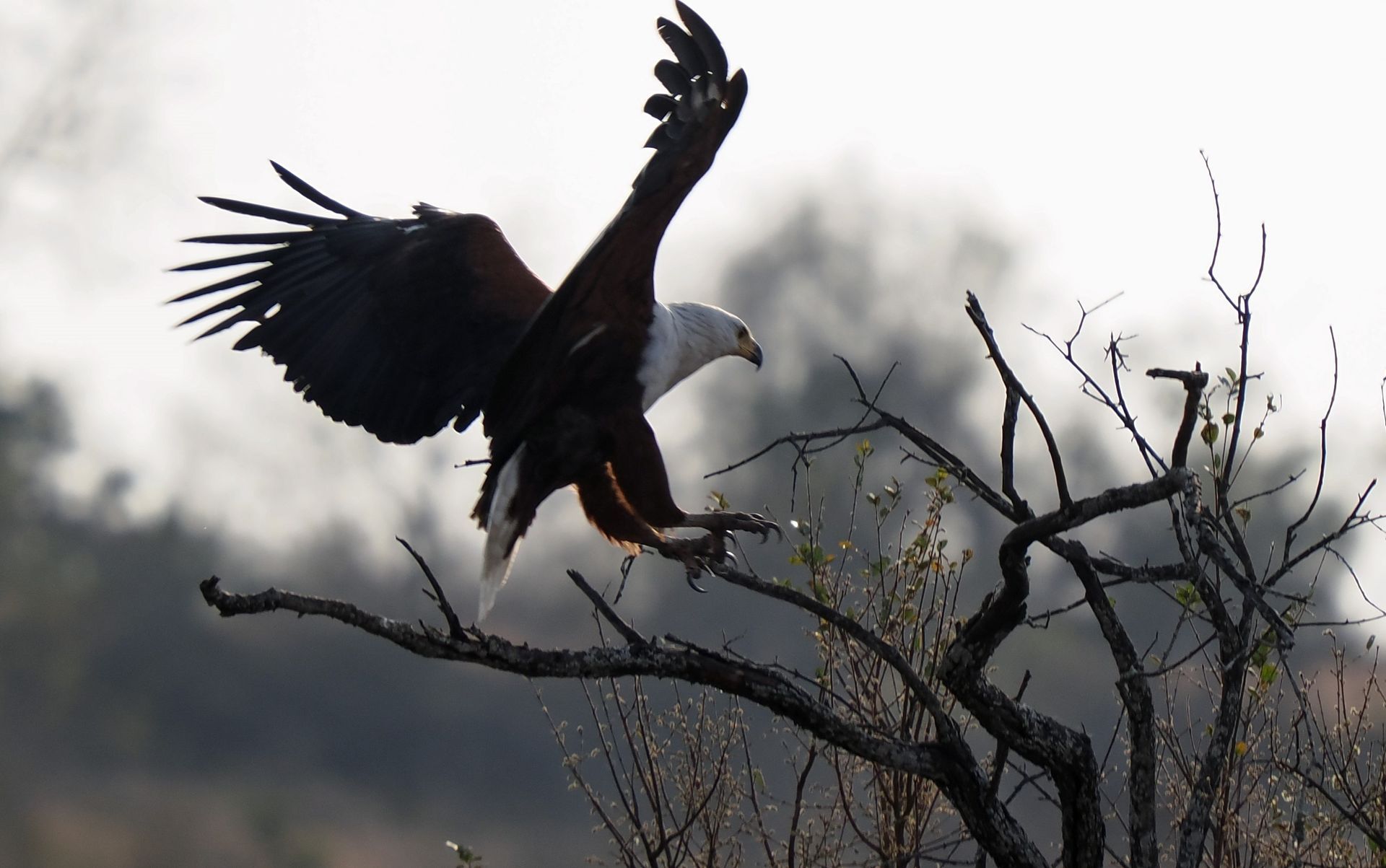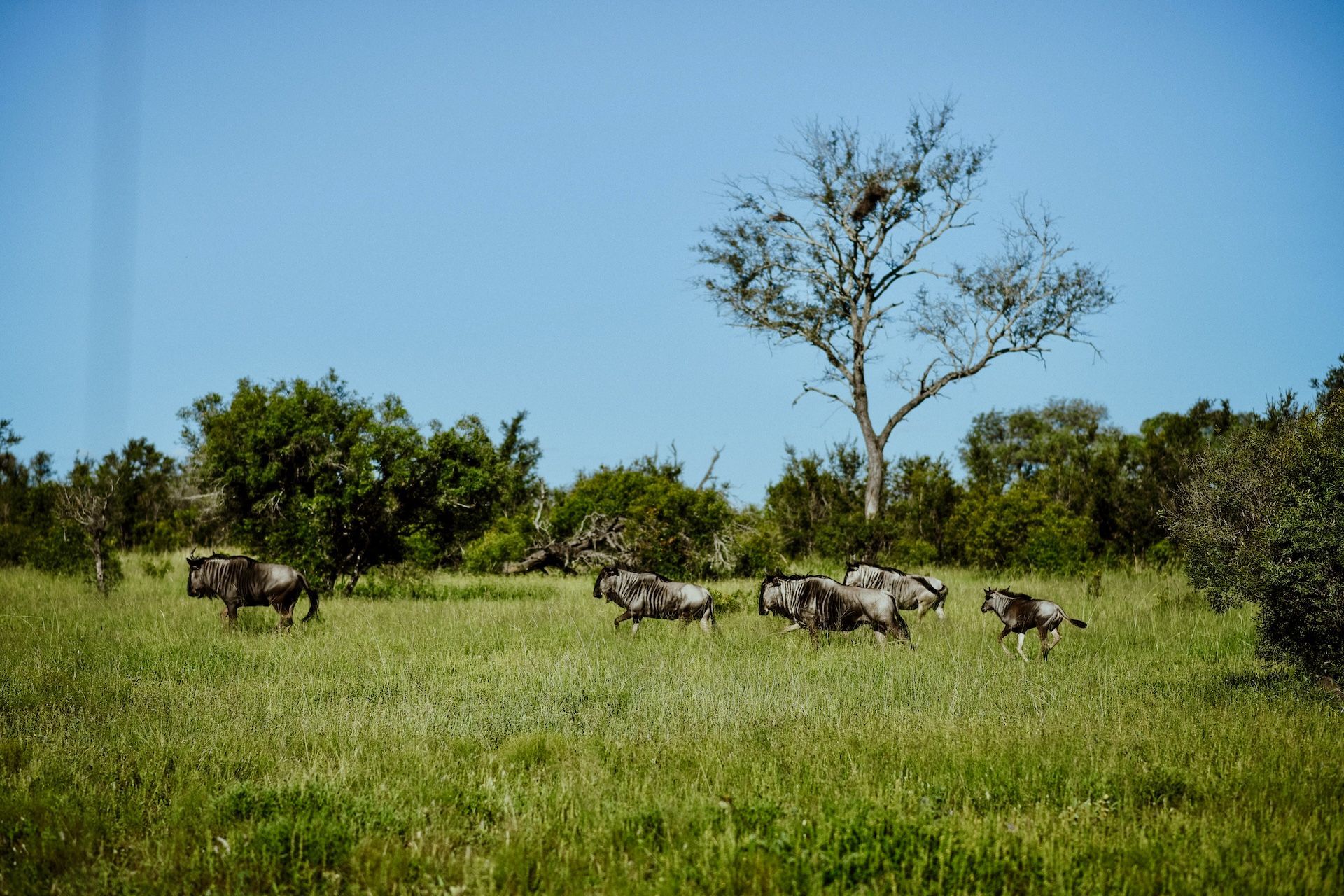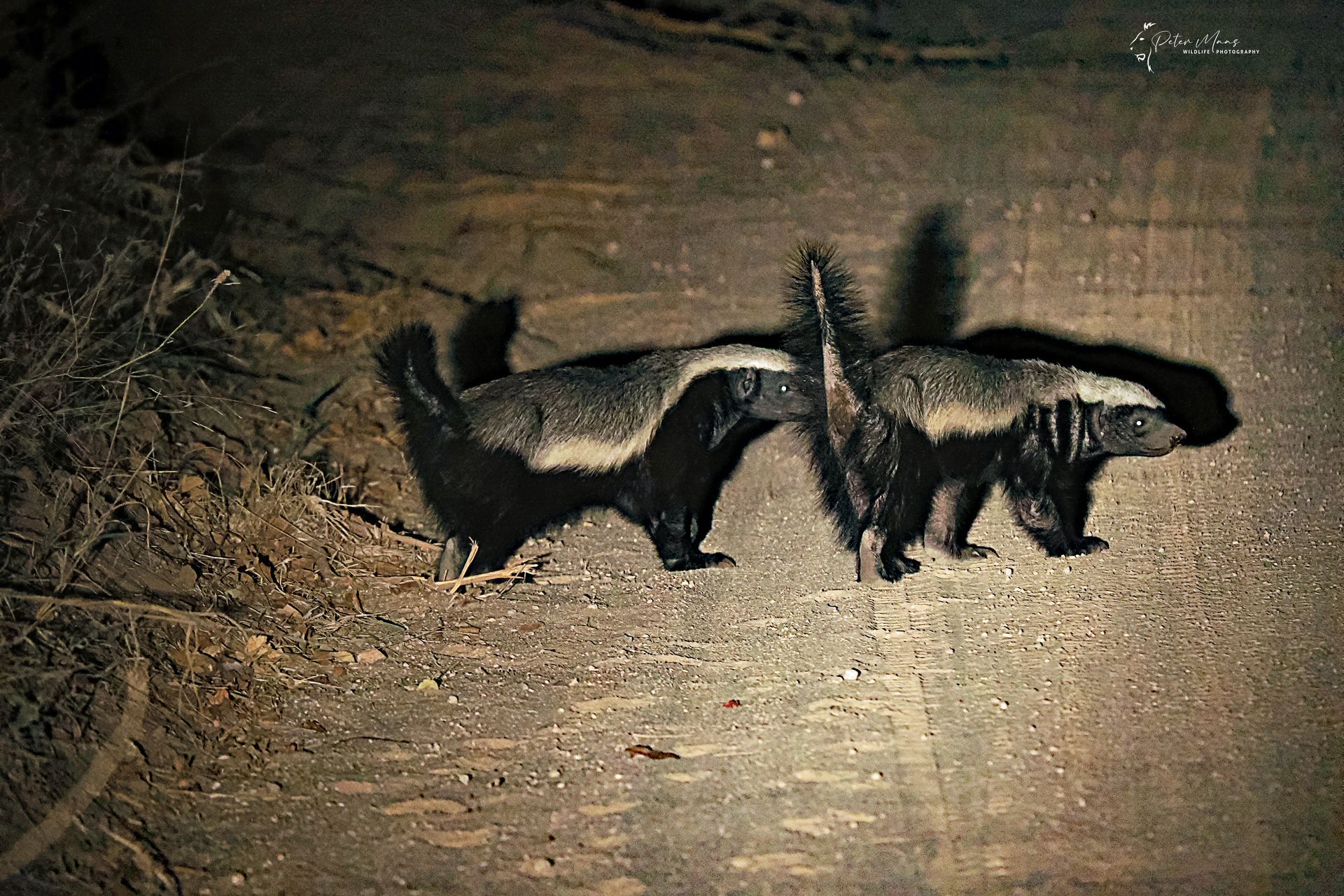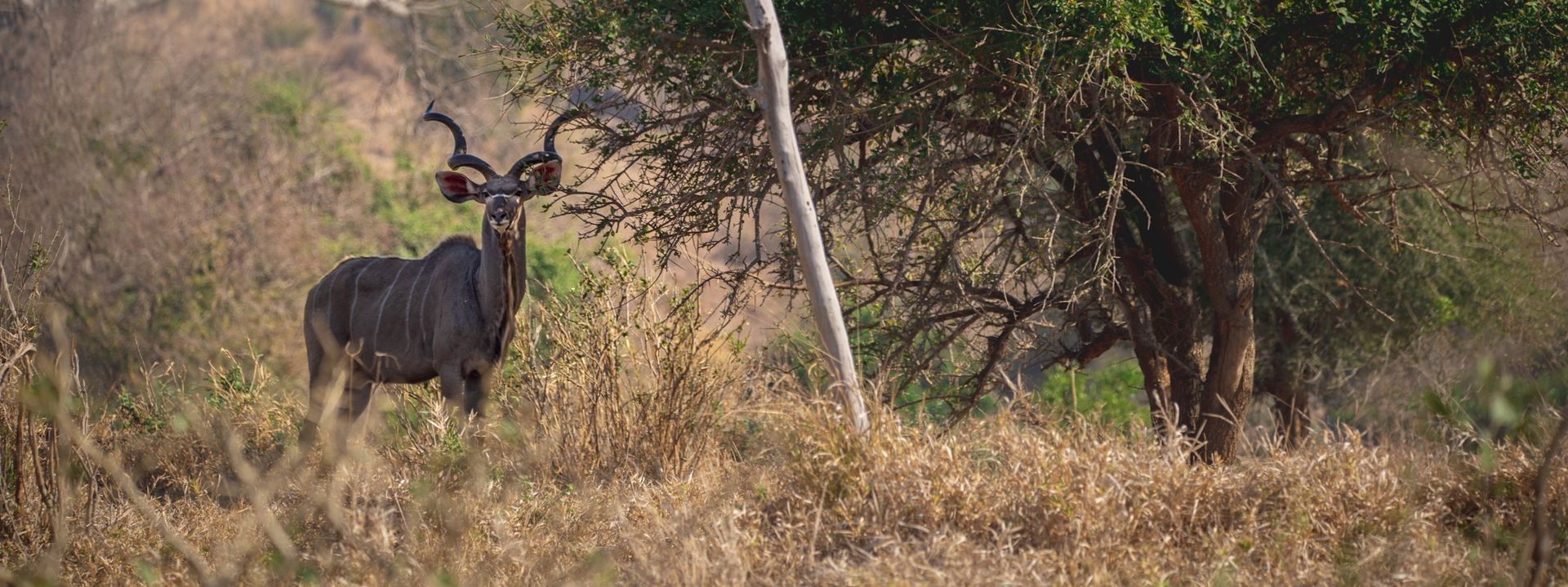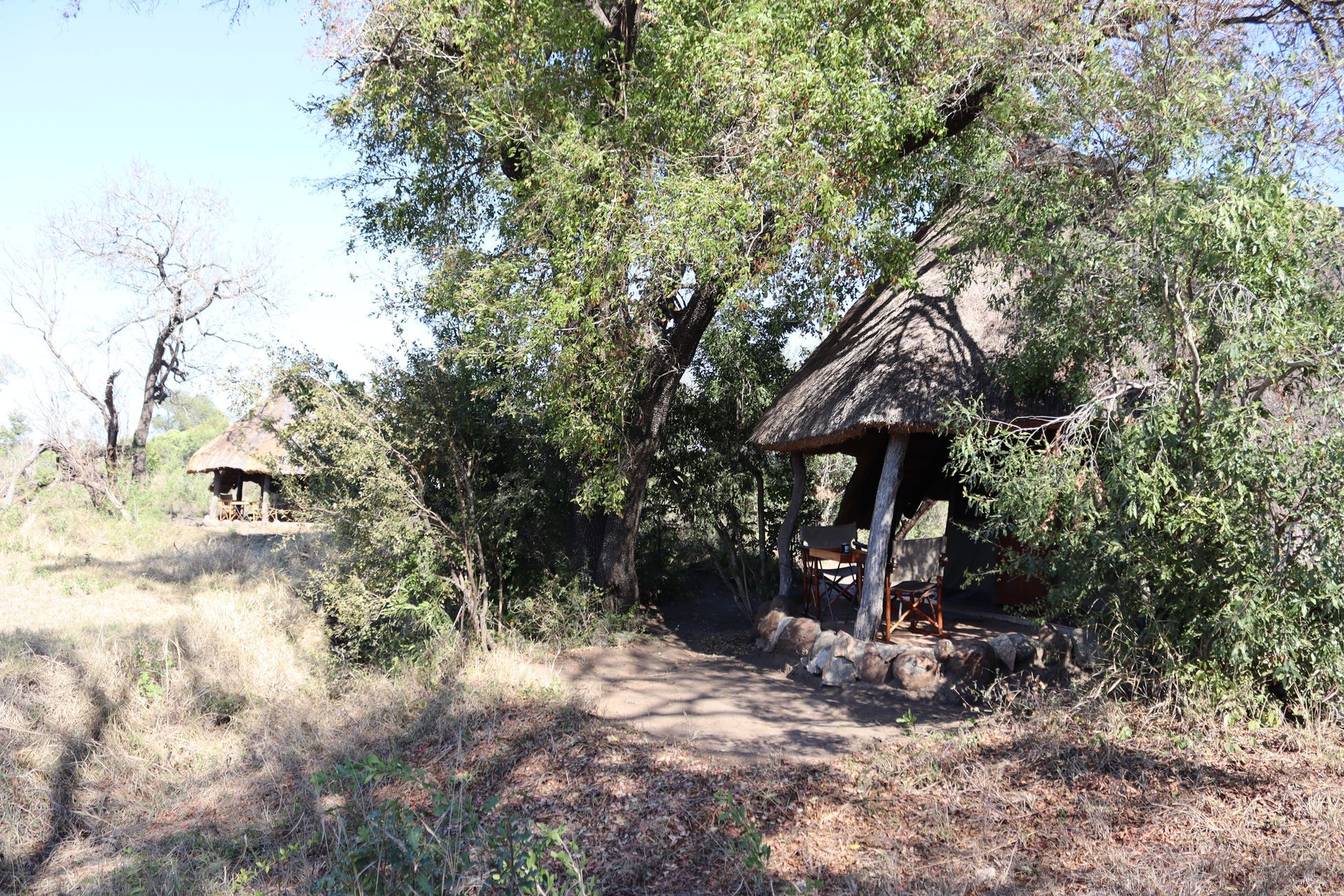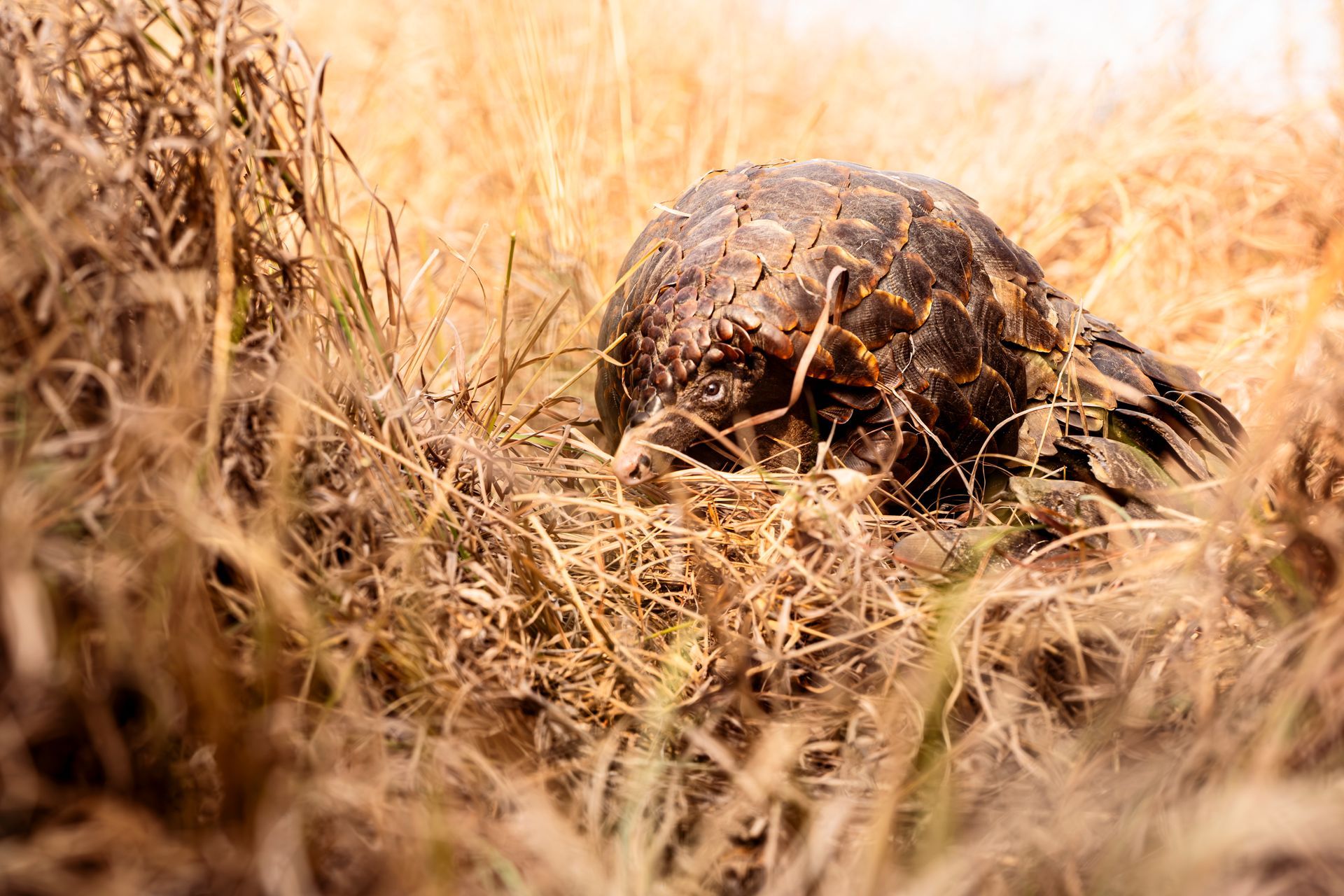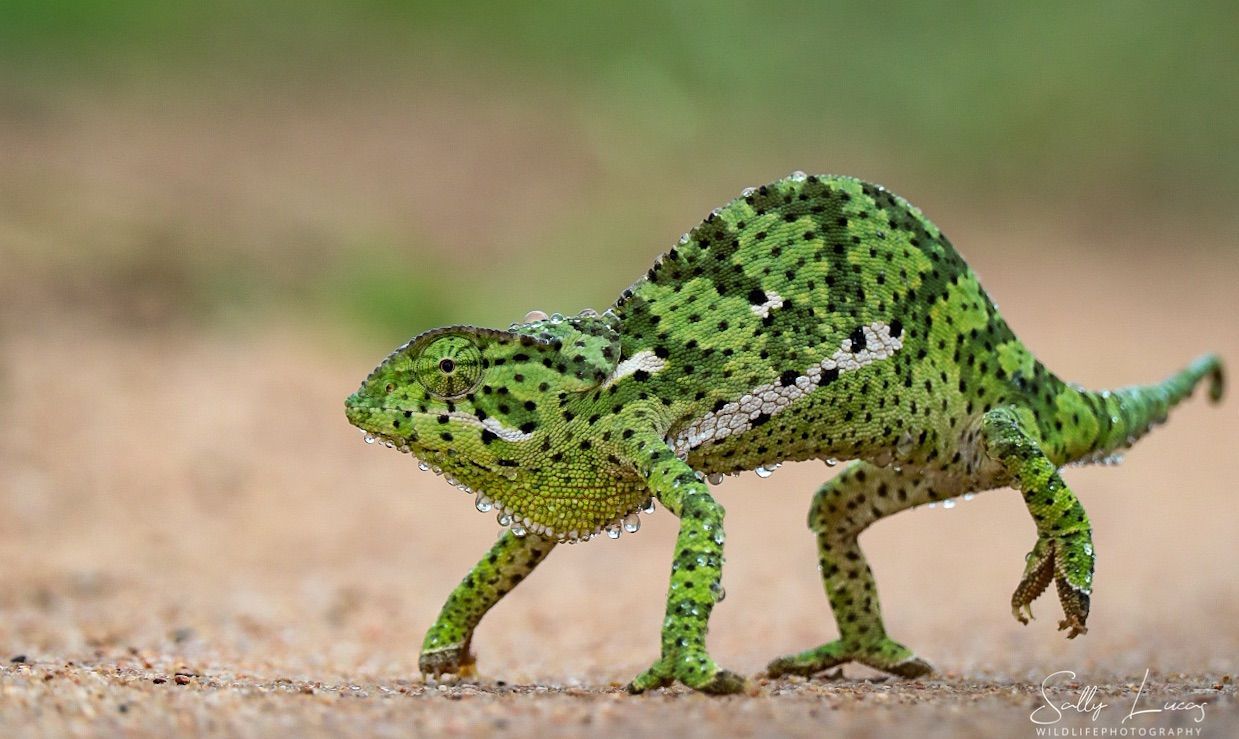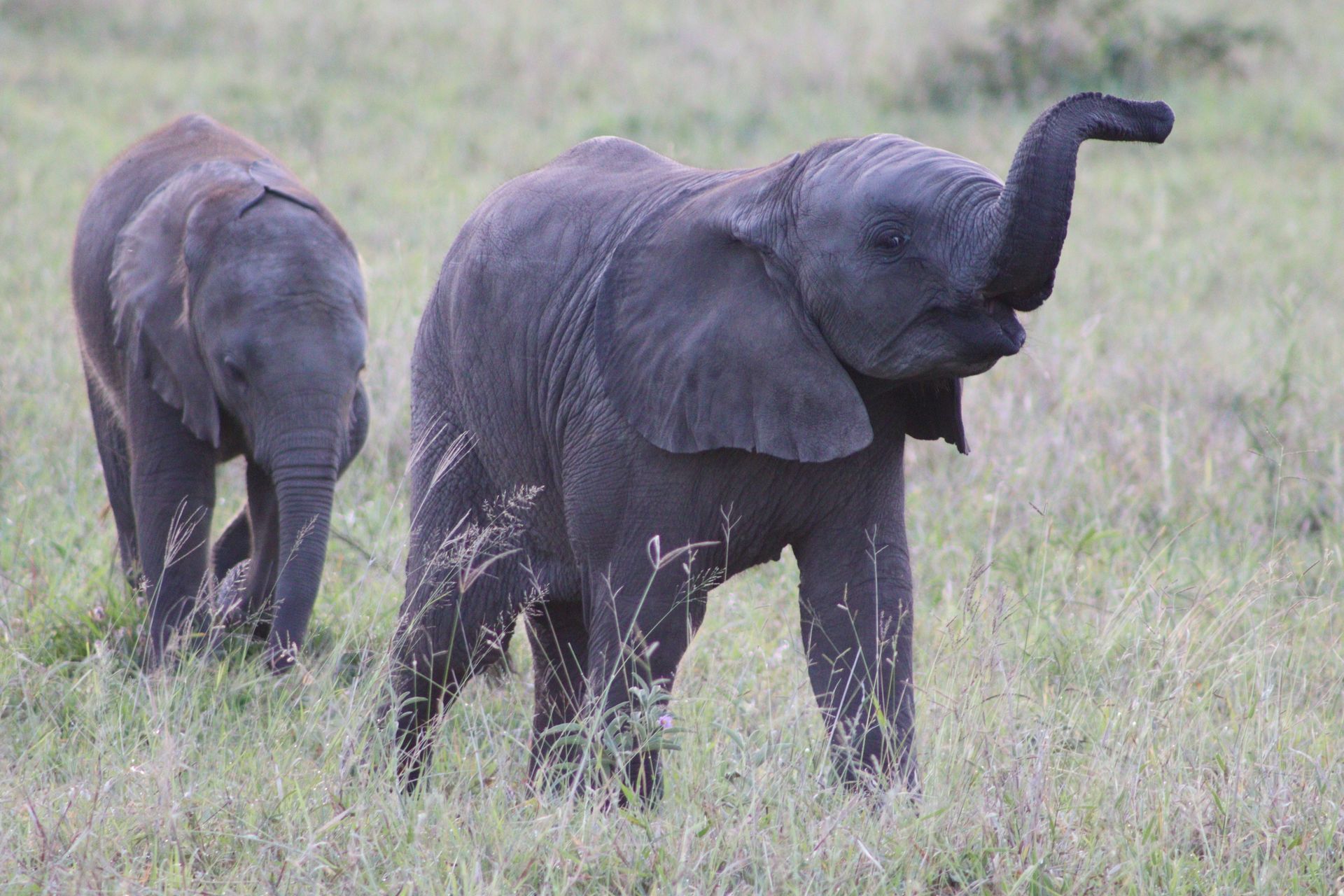Fun with pint-sized pachyderms
Baby elephants are a joy to spend time watching
When you're spending your mornings, afternoon and evenings exploring the wilderness of the Manyeleti on Pungwe game drives, you may be lucky enough to come across the creatures that most often steal the safari limelight - baby elephants! These adorable bundles of joy, born after the world's longest gestation period, are as fascinating as they are endearing, and an absolute privilege to see in their natural habitat. Let's find out more about them...
When African elephants come into the world, they aren't exactly tiny. Weighing in at a whopping 90kg or more, these infants tip the scales in style, being heavier than most human adults. Despite their size, an elephant calf boasts a cuteness that rivals even the fluffiest of teddy bears, being covered in hair which gradually reduces as they grow.
Elephants are known for their tight-knit family units, and the birth of a baby elephant is a cause for celebration within the herd. Typically, a cow, gives birth to a single calf after a gestation period of 22 months. That's right - they're pregnant for nearly two years! Once born the baby will stay close to its mother but will be cared for by its extended family of related females and their young.
They are entirely dependent on their mother's milk for the first four to six months, when they finally begin to learn the art of using their trunks and develop the dexterity needed to pick grasses and leaves to supplement their diet. They are not completely weaned until they are around two years old, at which time they can weigh up to 900kg!
It's a lot of fun to watch baby elephants working out how to use their trunks. To begin with they wave them around a lot, and have little to no co-ordination, often smacking themselves in the face and tripping over it. It takes up to eight months for them to truly get to grip with the thousands of muscles and learn to operate this unique tool that's a hand, a nose, a drinking straw and a built-in snorkel.
During this time babies will often play with "toys" - picking up things they find in the bush, from dried dung to branches, and waving them in the air, throwing them and collecting them, moving them from trunk to mouth and back, and so on and so forth. This play helps them to hone their trunk co-ordination skills and is a joy to watch.
Just like human toddlers, elephant calves are playful and full of boundless energy. Their playtime includes running, chasing each other, and engaging in friendly wrestling matches. It's not only fun to watch but also a crucial part of their development, helping them hone essential skills for survival in the wild and establish familial bonds that will last a lifetime.
They also have a penchant for mud baths, revelling in the chance to roll around in wet, cool mud, turning their little bodies into a delightful mess. Not only is it an adorable sight, but it also serves as a natural sunscreen, protecting their delicate skin from the harsh African sun.
Baby elephants are not just cute faces; they are born into a world rich with tradition and wisdom and no small amount of intelligence. Within the close-knit family structure, older elephants, especially matriarchs, play a vital role in passing down knowledge about migration routes, food sources, and social dynamics. They are surrounded by wisdom which guides them through the nuances of elephant life.
They quickly learn the art of communication within the herd, using a variety of sounds from trumpets and rumbles to chirps and squeaks to convey their feelings and needs. It's a lively symphony that reflects the strong social bonds within the elephant family.
